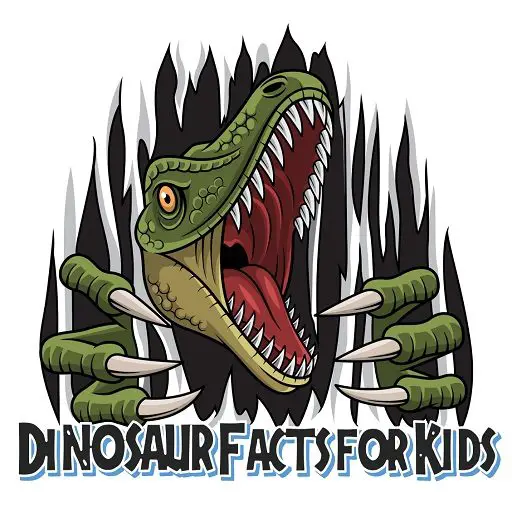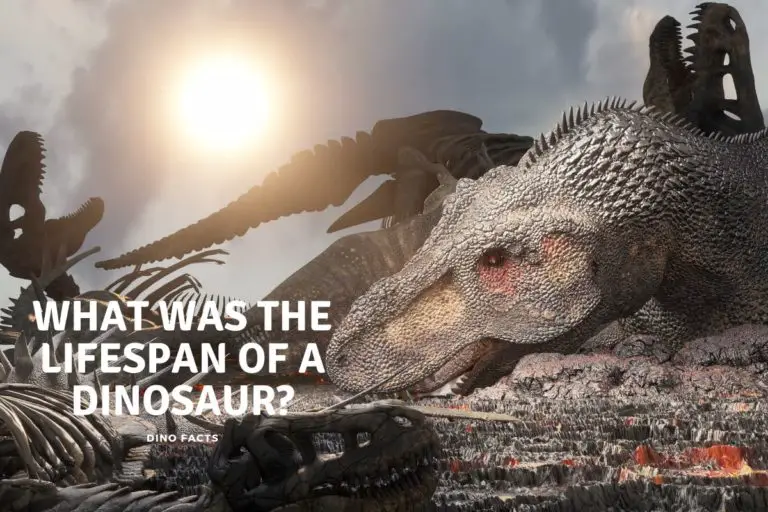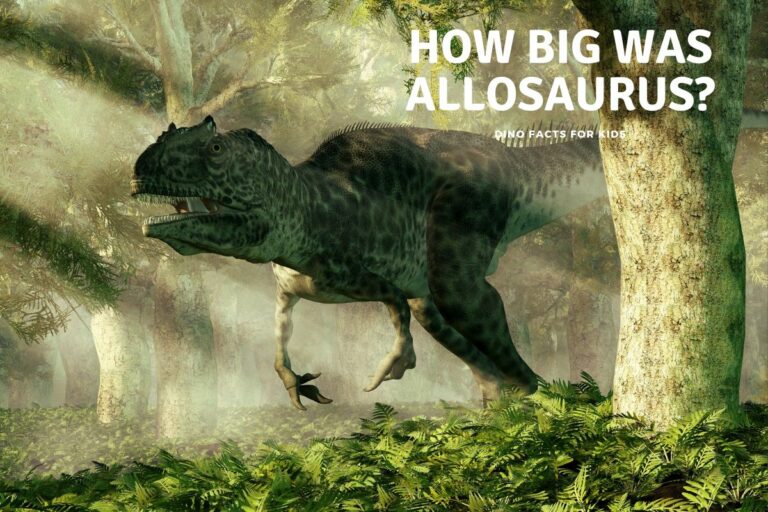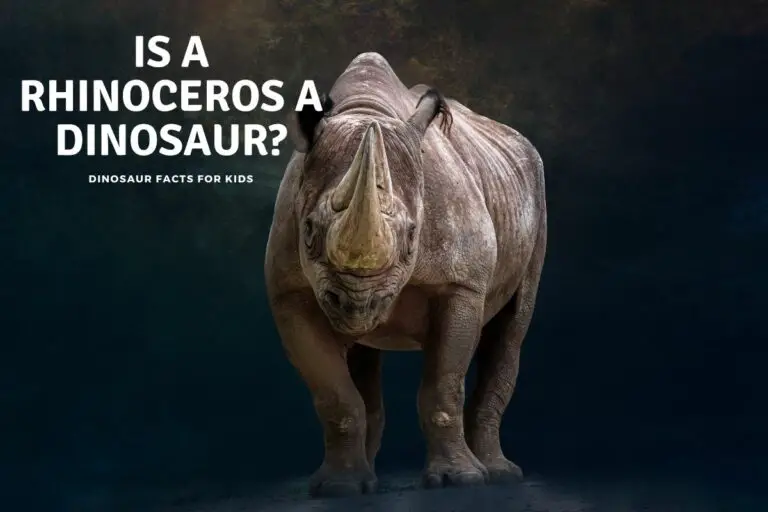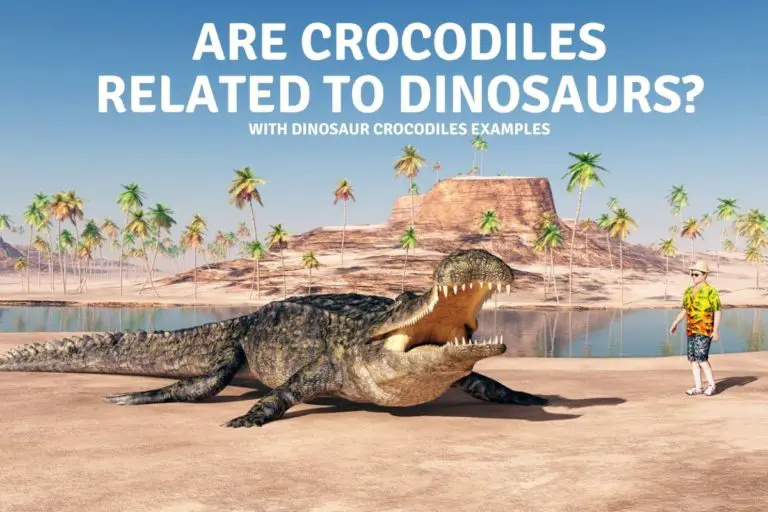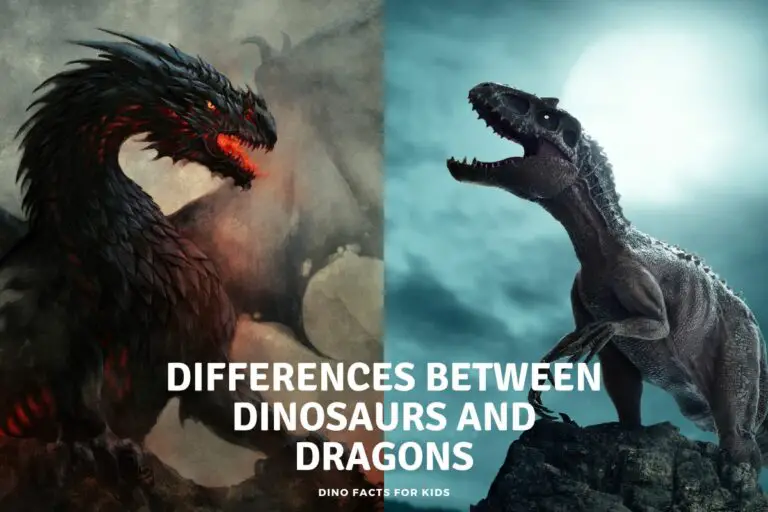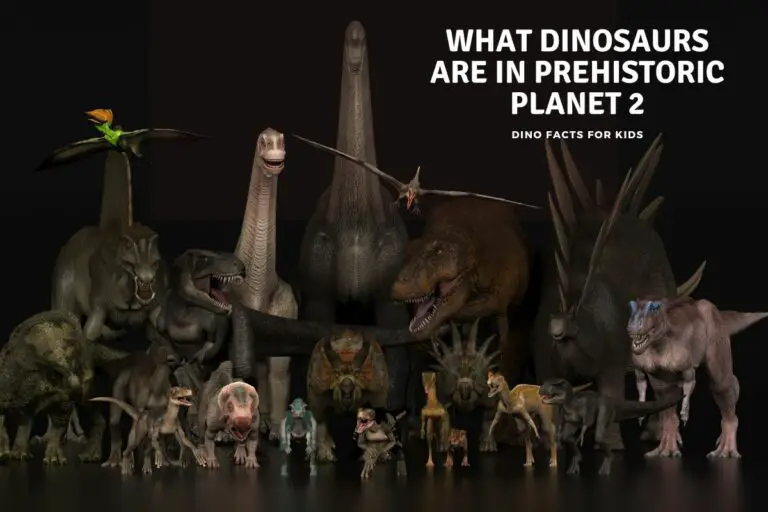What Age Can Kids Learn About Dinosaurs?
Dinosaurs were the terrifying lizard overlords — or now evidence shows bird-like overlords — of Earth millions of years past. They came in all shapes and sizes, and many were seemingly terrifying with their spear-like claws and dagger-like teeth. Movies like the Jurassic Park franchise have further enhanced their image as potential blood-thirsty man-eaters and savage jungle predators and hunters.
None of this sounds very kid-friendly, does it? So why do kids seem to love dinosaurs so much? Even the concept of the Jurassic Park movie was a family-oriented theme park that would delight youngsters and parents alike. But how can we expose kids to such horrors? Is there an appropriate age for kids to start learning about dinosaurs? Or should this be a subject open to all ages? These questions we shall explore here.
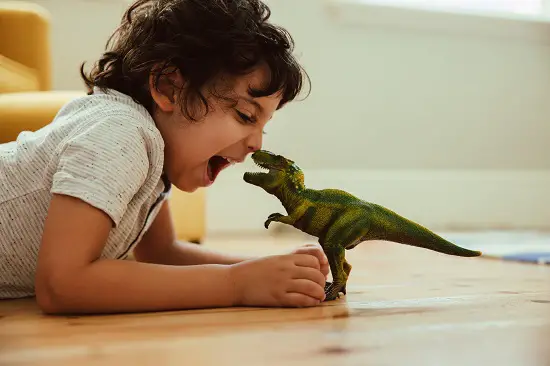
Why the Fascination?
Psychologists have weighed in before on why they think it is that kids are so fascinated by dinosaurs. Some parents think that a love of dinosaurs is a clear pathway to kids exploring a future career in paleontology, but this is not always the case. It seems there is more to it than that, at least according to Dr. Arthur Lavin from the American Academy of Pediatrics.
Lavin talks about how kids aged 3-4 years old all tend to go through a period of hyperfixation, and he even gave this a name, “imagination-based play.” It’s a phase that allows children to become fascinated and even utterly engrossed in all things fantastic, including dinosaurs.
This journey of exploration is a critical part of a child discovering their true self. According to Lavin, after the torments of the terrible twos, children are starting to realize that “they’re in the world, and they want to try out ideas.”
But how can dinosaurs really factor into imagination-based play? They aren’t like fairies, elves, or orcs, these monsters were absolutely real and we have the skeletons to prove it. As it happens, dinosaurs become a happy exception to this idea because they died out so long ago and exist now very firmly in a typical child’s world in the form of toys, animations, fictional characters and more.
Sometimes, the imagination-based play even spills over into a child’s cognitive and academic development. This is because the typically long and complex names of dinosaurs becomes an intellectually stimulating challenge for children as they embark on their own formative years of linguistic and cognitive development.
You yourself might know a kid in your neighborhood with apparently “freakish” knowledge of dinosaur names. It’s more common than you think in the sponge-like brain of a youngster.
The Case for No Age Limit
With all of the above in mind, it’s important to reflect on that core question regarding an appropriate age for children to start learning this stuff. It would seem that from an educational and cognitive standpoint, there shouldn’t be any age limit on when kids can start learning.
In fact, there are terrific examples of resources that are available to help parents assist their kids in getting the most out of learning about dinosaurs?
But what about the teeth and terror? The blood and guts? The savagery of that prehistoric world? We’ll try to address those concerns in our conclusion, but first we’d like to make the case for there being no age limit on kids learning about dinosaurs. Below are the best reasons to let your kid learn about dinosaurs just as soon as they can:
A Gateway to Science and STEM
Dinosaurs are now a prominent feature of the scientific world because we have no living examples of dinosaurs to look at and examine. We therefore learn everything we can about them from their fossils and other remains that we have discovered through the years.
To learn about dinosaurs requires a great deal of knowledge on the scientific method, therefore those who are deeply interested in dinosaurs will find a subject that easily stimulates a natural interest in science and other STEM fields.
When learning about how scientists studied fossils to learn about some dinosaurs being feathered, for instance, a curious youngster learning about the methods used might have a sudden brainwave for a tool or machine that they could later engineer and create that makes such work easier. The fascination of dinosaurs, therefore, is like a gateway interest to other scientific inquiry.
Critical Thinking Skills
As we mentioned earlier, we can only learn about dinosaurs through deductions that we make from their remains. The level of critical thinking it takes to really learn about and understand dinosaurs, therefore, is tremendous.
While younger kids might not get the ins and outs of all these intricate methods, they can develop their critical faculties through simpler thought experiments.
For instance, you could ask your child to think about what it would be like to have a dinosaur as a pet. Where would it live? How would you feed it? How much water would you need? What problems would it create with the neighbors? It’s easy to form dozens of critical questions for kids to ponder on and let their imaginations run wild.
As their interest develops, it can also manifest as a perfect pathway to get kids — especially young boys — more interested in reading than they are in video games and such. Books about dinosaurs are fascinating and engaging to kids, but especially young boys who don’t connect as easily with the kinds of books and literature they are required to study in school: novels, poetry, etc.
Getting young kids passionate about reading from an early age matters a great deal, and dinosaurs might just be the kind of bait we need to get it done.
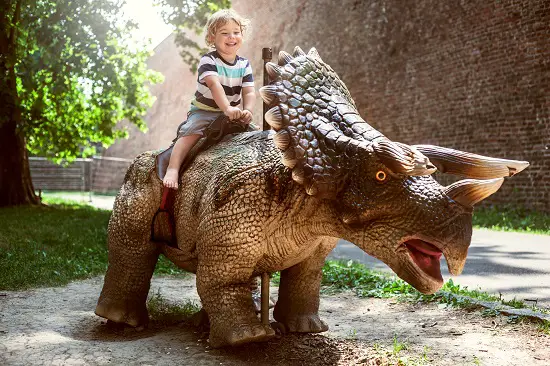
Respect and Appreciation of Nature
To learn about the story of dinosaurs and their life on Earth is also to get an early lesson in the awesome power of nature, the sudden and dramatic way things can change on Earth, and how it has been possible for us humans to become the kind of species that we are.
It’s not a bad thing for kids to start learning that from a young age. To hold mother nature in awe and respect can translate to more positive attributes later in life.
A Gateway to the Arts and Creative World
Finally, it’s not all science and experiments when it comes to dinosaurs. Even kids who lean more to the artistic and creative side can find incredible joy and inspiration in their dinosaur fascination.
Not everyone will grow up to be a paleontologist. Other dino-fascinated kids could grow up to write novels about dinosaurs, or create motion pictures, works of art inspired by dinosaurs, and so on. It’s as much a gateway to the world of arts as it is to that of science.
We have a few dinosaurs resource son the site you can access for free. We have linked two of them below. Our 50 worksheets and the coloring pages. Never to early, or to late to get children interested in the world, both past, present and future.
Conclusion: Kids Will Find a Way
One of the most famous ideas from the original Jurassic Park movie franchise was that of Dr. Ian Malcolm (played by Jeff Goldblum) who posited that no amount of restriction on dinosauric life through genetic engineering would be enough to contain the awesome and logic-defying power of nature. As he put it, “Life finds a way.” It’s much the same with kids and dinosaurs.
You want to shield them from violence and gore, and that’s understandable. To that end, don’t let them watch inappropriate films or other content that wasn’t made for young kids to watch. Try to also keep one eye on what your kids might be looking at online in that respect. Shielding them a little from the worst scary excesses of dinosaur content until they’re a bit older is not a bad thing.
However, given the many benefits of a dinosaur education, even an obsession, you’d be foolish to stand in the way of your child regardless of their age.
Sources:
- https://edition.cnn.com/2021/09/24/health/dinosaur-psychology-children-wellness-scn/index.html
- https://parentingscience.com/dinosaurs-for-kids/
Hi, I am Roy Ford a General Studies and English Teacher who has taught all over the world. What started as a fossil collection became a great way to teach, motivate and inspire students of all ages and all over the world about dinosaurs and from that and children’s love of dinosaurs came the site dinosaur facts for kids, a resource for all ages.
